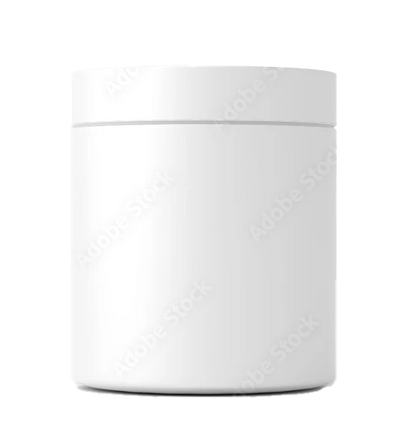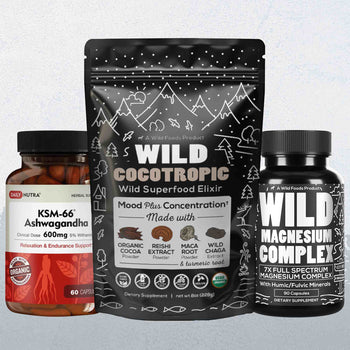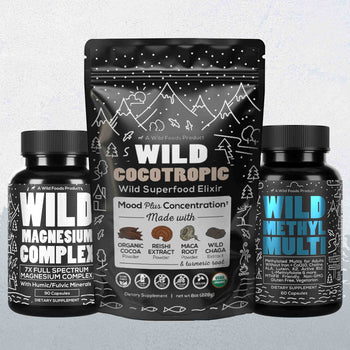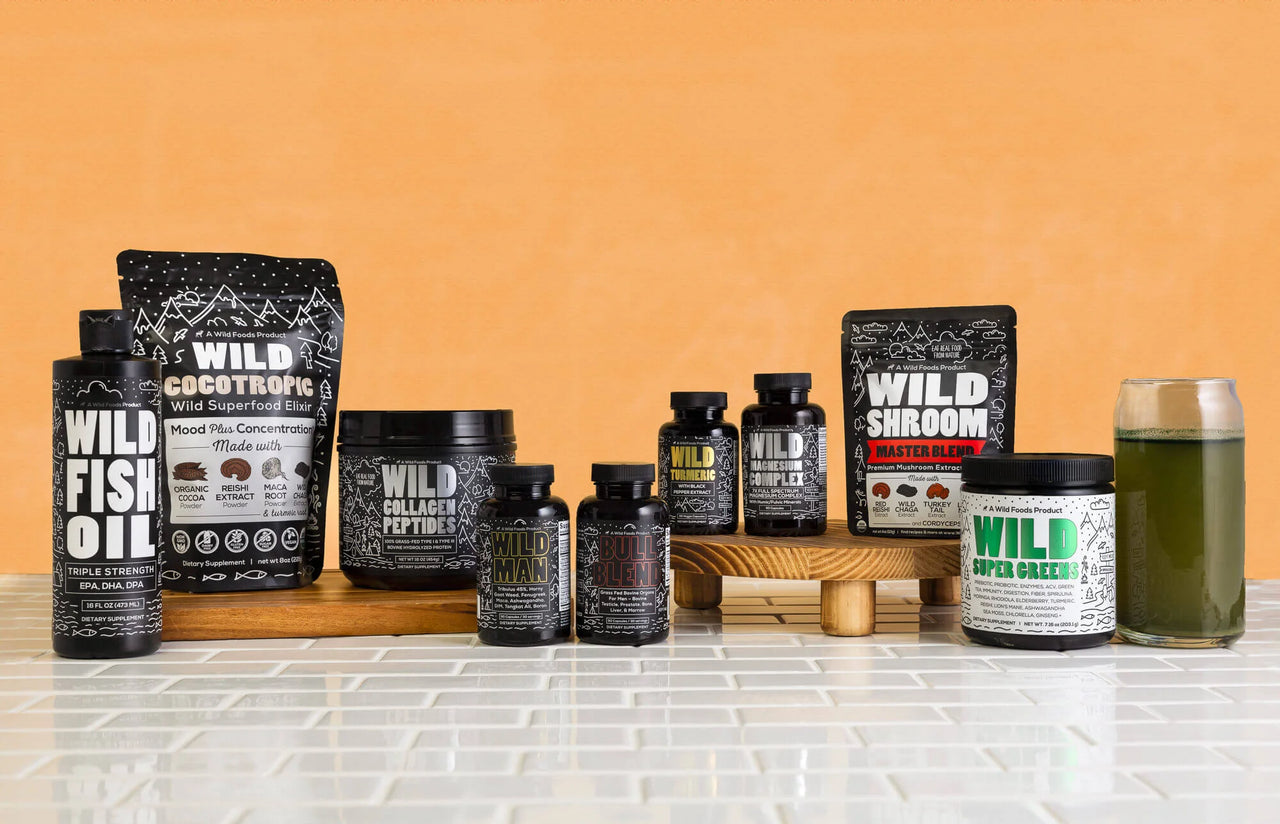Matcha is a finely ground powder made from green tea leaves. It contains the same caffeine as regular green tea but also offers various additional benefits. Matcha is rich in antioxidants called catechins, which have been linked to lowering the risk of some modern disease.
It also has a high concentration of the amino acid L-theanine, which some research suggests may aid in reducing stress and improving focus. With so many potential benefits, it’s no wonder that drinking matcha is growing in popularity — especially as an alternative to coffee or other caffeinated beverages.
Matcha refers to the powdered green tea leaves commonly used in Japanese tea ceremony. The leaves are shaded for about three weeks before harvest, which leads to a deeper flavor and a more vibrant green color. It’s often used as a sweetener in desserts and baked goods, caffeinated tea, and health drinks.
It’s important to note that matcha is different from other types of green tea, including Bancha: A lower-grade green tea often used in making sencha. Houjicha: A roasted green tea is sometimes used as a replacement for coffee. Sencha: A green tea that is frequently brewed and served with meals, often in restaurants in Japan. Gyokuro: A higher-grade tea that is shaded for about two weeks longer than matcha.
The Health Benefits Of Matcha
Many beneficial components of matcha tea are being studied for its disease-fighting properties. Matcha is also known for its anti-inflammatory and antioxidant properties.
L-theanine, which modifies the effects of caffeine, promotes alertness, and helps to prevent energy crashes that may occur after consuming caffeine, is one of the primary reasons why matcha is known for it's non-crash energy effects compaed to coffee. Many turn to it as a coffee alternative.
According to one study, matcha contains higher amounts of epigallocatechin-3-o-gallate (EGCG), a powerful antioxidant, compared with other forms of green tea.
Catechins, one of the significant antioxidants in matcha, have been found to help fight against heart disease, stroke, and heart attacks due to their anti-hypertension, anti-inflammatory, and anti-thrombogenic qualities. Studies have also reminded us that matcha can help improve immunity to the common cold and flu viruses. Its antioxidant protect cells against infections, decreasing their chances of binding with pathogens.
Some studies show drinking green tea, which has a similar nutritional profile as matcha, can help protect against heart disease. Many studies have shown that green tea may generally have some health benefits. However, research into matchas' unique benefits is lacking. Of course, there is plenty of anecdotal evidence from the millions of matcha drinkers worldwide.
Studies show associations between tea and better health; however, causality is still unproven. While it is certainly possible that drinking some form of green tea may improve overall health, we cannot be so sure of the case for matcha since clinical trials are lacking (the type of studies you want to see to invest in the remedy fully).
While the studies about matcha's specific health benefits are limited, a few studies have suggested that drinking green tea regularly, as a whole, can help to guard against some health conditions. Given the higher concentrations of amino acids found in steeped green tea, one could reasonably conclude that matcha has more health benefits than the more standard types of green tea. Matcha green tea provides actual health benefits.
The earliest references to health benefits from green tea go back thousands of years to traditional Chinese medicine, but over the last ten years, several studies have confirmed the fact that matcha has several health benefits; several studies precisely measured matcha powder as being the ultimate health-carrying agent, in that, because you are eating the whole leaf, you are getting all of the potency of the essential vitamins, minerals, amino acids, and antioxidants.
Modern scientific studies have confirmed that matcha is full of naturally occurring antioxidants, amino acids, vitamins, and flavonoids linked to myriad health benefits. However, several of the active nutrients in matcha, such as polyphenols, caffeine, and amino acids, are noted for their broad array of beneficial health properties. In addition to providing a few vitamins and minerals, matcha is high in antioxidants called polyphenols, which have been linked with protecting against heart disease and cancer, and better regulation of blood sugar, blood pressure, and anti-aging.
Because matcha contains the whole tea leaf, you get 10 times more nutrition and health benefits from one cup than from a single cup of green loose leaf tea. Because you are consuming whole leaves in matcha, you can get up to three times more caffeine than you would in one cup of steeped tea--about as much as in a cup of steeped coffee.
The reason that matcha and green tea, more generally, might play a role in lowering your risk for cancer is because of how much EGCG -- a type of catechin -- it contains, which has been linked with anti-cancer benefits in various studies.
A 2011 study found that catechins in green tea, matcha, and green tea extract, combined with a moderate workout regimen, enhance your body's fat-burning abilities by boosting metabolism. A 2016 study found that drinking about 25 mg of L-theanine, such as green tea, may be highly effective in relieving stress and increasing the brain's neurotransmitter gamma-aminobutyric acid (GABA).
Numerous researchers have established that L-theanine, the amino acid typically found in matcha, stimulates the body's production of dopamine and tryptophan, which are both found to decrease stress and anxiety and promote a state of peaceful alertness that can last for hours.
After considering the findings in the studies mentioned above, it stands to reason that matcha is an effective way of keeping the body healthy as a part of a balanced diet and lifestyle plan.
How to Make Matcha Tea
Matcha is a tea made from green tea leaves that have been ground into a powder. Matcha is high in antioxidants and has been linked with many health benefits, such as improved mental clarity and focus, reduced anxiety and depression symptoms, better digestion, and even weight loss. Here are four tips on how to make matcha tea
1. Make matcha slowly
Bring the water to a boil before adding the matcha powder. Once the water reaches a boil, let it sit for a few minutes to cool in. Then slowly pour it into the matcha as you whisk it. The first few pours should turn it into a paste, and then you will keep whisking as you run the remaining water. Stop pouring once it reaches your desired consistency and strength. The more water you shower, the weaker it will be and vice versa.
How to Drink matcha
When it comes to matcha, there are generally two ways to drink it: whisked into tea, as a matcha latte, with ice, in baked goods, smoothies and shakes, or taken as a supplement.
Some people may enjoy the matcha flavor by whisking it into hot water. You can also add it to your favorite smoothie recipes — just be careful not to add too much powder, as it can turn drinks bitter.
The Taste of Matcha
As mentioned above, the flavor of matcha is much stronger than regular green tea. Many people describe the taste as grassy or earthy. If you’re not a big fan of its flavor, you can add sweeteners like honey or agave to make it more palatable.









































